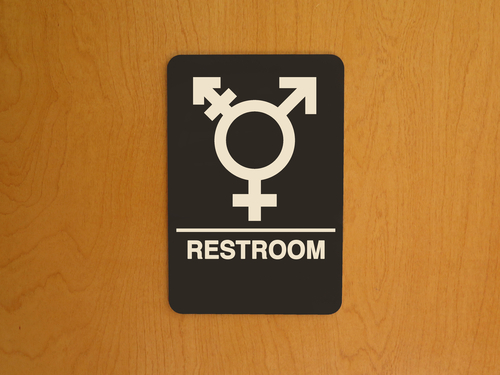Supreme Court Refuses to Hear Landmark Transgender Bathroom Case
Supreme Court refused to hear landmark transgender bathroom case which will now affect all public school students attending school in Maryland, Virginia, West Virginia, North Carolina, and/or South Carolina.
On June 28, 2021, the United States Supreme Court refused to review and potentially overturn a divided three-judge panel of the Fourth Circuit Court of Appeals, and that “non-decision” will have an immediate impact on all public schools and all students attending public school within the States of Maryland, North Carolina, South Carolina, Virginia, and/or West Virginia. By declining to hear this case and decide this issue one way or the other, the Supreme Court has left questions concerning what public schools in other jurisdictions must or must not do when it comes to providing transgender students with access to bathrooms and locker rooms open.

Today, however, the “law of the land” as concerns transgender public school students attending school in Maryland, the Carolinas, Virginia, or West Virginia have been forever changed. Now, in those states, it is “unconstitutional” to require that a transgender student use a private bathroom, located in the nurse’s room, or one of the “gender-specific” (i.e., boys or girls room) existing bathrooms. In the words of the prevailing plaintiff, “Trans youth deserve to use the bathroom in peace without being humiliated and stigmatized by their own school boards and elected officials.” What this ruling means, in practical terms, for school districts, their employees, and for public school students, has yet to be seen. Will schools located within those states now be required to construct entirely separate facilities for transgender students? Will schools located within those states now be required to permit transgender students access to either of the “gender-specific” existing bathroom facilities? It will be important for the Department of Education of each of those affected states to promulgate regulations and/or for the Boards of Education located within each of the states to proactively address what is now, at least in Maryland, the Carolinas, Virginia and West Virginia, a landmark NON-decision of our United States Supreme Court.
